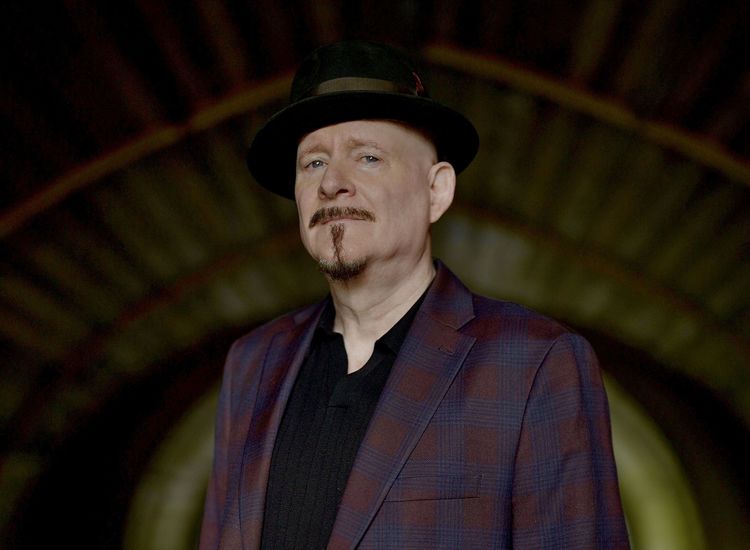
Between the Lines / By Peter McDermott
I'm a sucker for conversion stories: paths from non-belief to belief, fundamentalism to moderation, apathy to militancy, right to left and left to right.
Andrew Breitbart's was in the last category. The online publisher who brought down Democratic Congressman Anthony Weiner saw the conservative light after college. A few years later he was working for Matt Drudge and then helped newly-minted liberal Arianna Huffington start the Huffington Post.
Breitbart was raised in a middle-class home by adoptive Jewish parents. (He has said he's Irish-American by blood and that his sister's roots are Hispanic.) He was bar-mitzvahed, but they weren't that religious; his mother, who converted from Protestantism to marry his father, once told him not to take the Lord's name in vain and he reminded her that they were Jewish. The family wasn't that political either. Rather, the colorful conservative was rebelling more from the West Coast liberal attitudes of his peers.
"Breitbart traces everything he despises about cultural liberalism to his college days," a Slate.com profile revealed last year.
He said to the online magazine: "When I told my parents I was an American studies major, they were like, 'That's fantastic! Did you read Mark Twain?' 'No, I didn't.' "'What did you read?' 'Marcuse, Adorno, Horkheimer, Michel Foucault.' 'They don't sound American!' 'They're not.'"
"Luckily,' recalled Breitbart, "I was too drunk to be completely indoctrinated by it."
One might let slide the issue of what kind of names sound American and also the fact that Twain had some views that these days would have him labeled an America-hating liberal.
But, the first three of the above quartet were Jews who fled the Nazis (not the type of refugee warmly embraced by the right at the time) and worked for significant periods of their careers in the United States. Herbert Marcuse, the most overtly political of the trio, spent most of his subsequent life here, and his ideas had an impact on the 1960s student movement. Studying that episode in our history - or indeed studying anything or anybody - doesn't require being indoctrinated.
In any case, Breitbart stayed a liberal until he was 22, at which point, he had his Road to Damascus moment: the Supreme Court nomination process of 1991.
"[W]atching Ted Kennedy and Senate Democrats accuse [Clarence] Thomas of sexually harassing Anita Hill broke the needle on his hypocrisy meter," said the Slate report.
It's interesting in retrospect that Thomas survived and Weiner has not. In their 1994 account "Strange Justice," Jane Mayer and Jill Abramson wrote that as Thomas was being administered a rushed oath, three Washington Post reporters "burst into the newsroom almost simultaneously with information confirming that Thomas' involvement with pornography far exceeded what the public had been led to believe."
In his 2007 book "The Nine: Inside the Secret World of the Supreme Court," CNN and the New Yorker's Jeffrey Toobin writes that "since Thomas had been sworn in, the Post decided not to pursue the issue and dropped the story."
In a bizarre twist of history, Rep. Weiner was tweeting about Justice Thomas, his conservative lobbyist wife and their possible tax violations just before he became entangled in a sex scandal from which there was no escape.
Secretary of State Clinton might call that the result of a vast right-wing conspiracy. But actually, it's more to do with the fact that sometimes a different set of rules applies for conservatives. That's the nature of wealth and power in our society. We saw it with the transparently political Bush vs. Gore decision by the Supreme Court in 2000; and we see it with the Republicans making a principle of not raising the debt ceiling now that a Democrat is in the White House, though they raised it seven times during the George W. Bush years.
I'd like to think that needles have been broken on hypocrisy meters everywhere of late, but I wouldn't bet on it.









